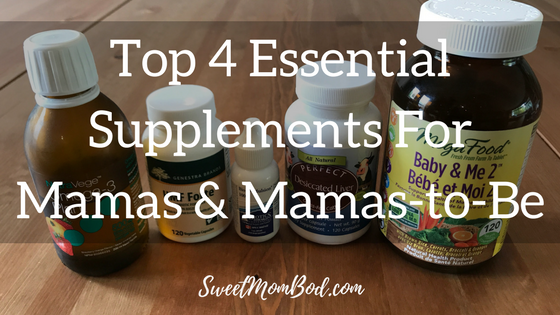
During pregnancy there are some key nutrients your body needs. You’re creating a tiny human, cell-by-cell, so naturally that takes a lot of effort and foundational material to ensure all the right pieces are in place for a healthy, happy little bug.
Birth is also a pretty darn traumatic event for your body. So making sure you’re fueling your tissues with the right key ingredients post-birth can go a long way to ensuring your body recovers well during the fourth trimester (the first 3 months after birth) and beyond.
And if you’re breastfeeding you need to ensure you’re taking in enough nutrients to pass along to your baby because you can’t give what you don’t have.
For these 3 key reasons – pregnancy, the fourth trimester, and breastfeeding – we need to talk about the best nutrients for your body (and your baby’s body) and what supplements you may want to consider taking throughout all 3 stages.
Can’t you just eat some good quality, organic, whole foods and enjoy all the nutrients from those?
Yes. You sure can. But because of the way that our world is today – stress, pollutants, not getting enough sunshine, antibiotics, diminished nutrients in our food (even in organically grown crops), and more – we need to look at supplements as a key way to get the nutrients we need. Most of us just aren’t getting enough from the foods we eat.
It’s important to remember that every woman needs different types and amounts of vitamins and minerals.
And we still want to focus on food as our key source of nutrients – good quality proteins, fats, veg, fruit and other nutritious eats are important. We want to treat supplementation as a bonus top-up that just fills in the gaps whenever the foods you eat don’t give you enough of the good stuff.
You don’t need to be perfect.
Keep in mind that what I’m talking about here is optimal nutrition. We want to try to get the best quality, best kinds, and best amounts of key nutrients into your prenatal and postnatal body. But life happens and you’ll probably forget to take your prenatal multi for a day (or 5). I sure do. And that’s okay.
The point isn’t to put more pressure on you to get it all right, all the time. The point of this post is to educate you on some key nutrients to help you and your baby thrive.
You don’t need to be perfect all the time to see the benefits. It’s just like motherhood – try your best and cut yourself some slack if it doesn’t work out entirely according to plan.
Treat this as a starting point.
These are the supplements that I take based on the research I’ve done to figure out what’s best for my body and my munchkin. It’s important that you chat with your medical provider to make the best plan for your body.
Every body is unique and we want to make sure yours is getting what it needs. Especially when it comes to supplements. We don’t need to be taking more than what we have to, and we don’t want to be getting less than what we should.
Now let’s dive into the goodness…
1. A Great Quality Prenatal Multi-Vitamin (With Choline, Iodine, B Vitamins & Iron)
A well designed prenatal isn’t just for pregnant ladies.
You may be surprised to know that many doctors suggest you keep taking your prenatal vitamin after giving birth – at least for the first 3 months or until you finish breastfeeding.
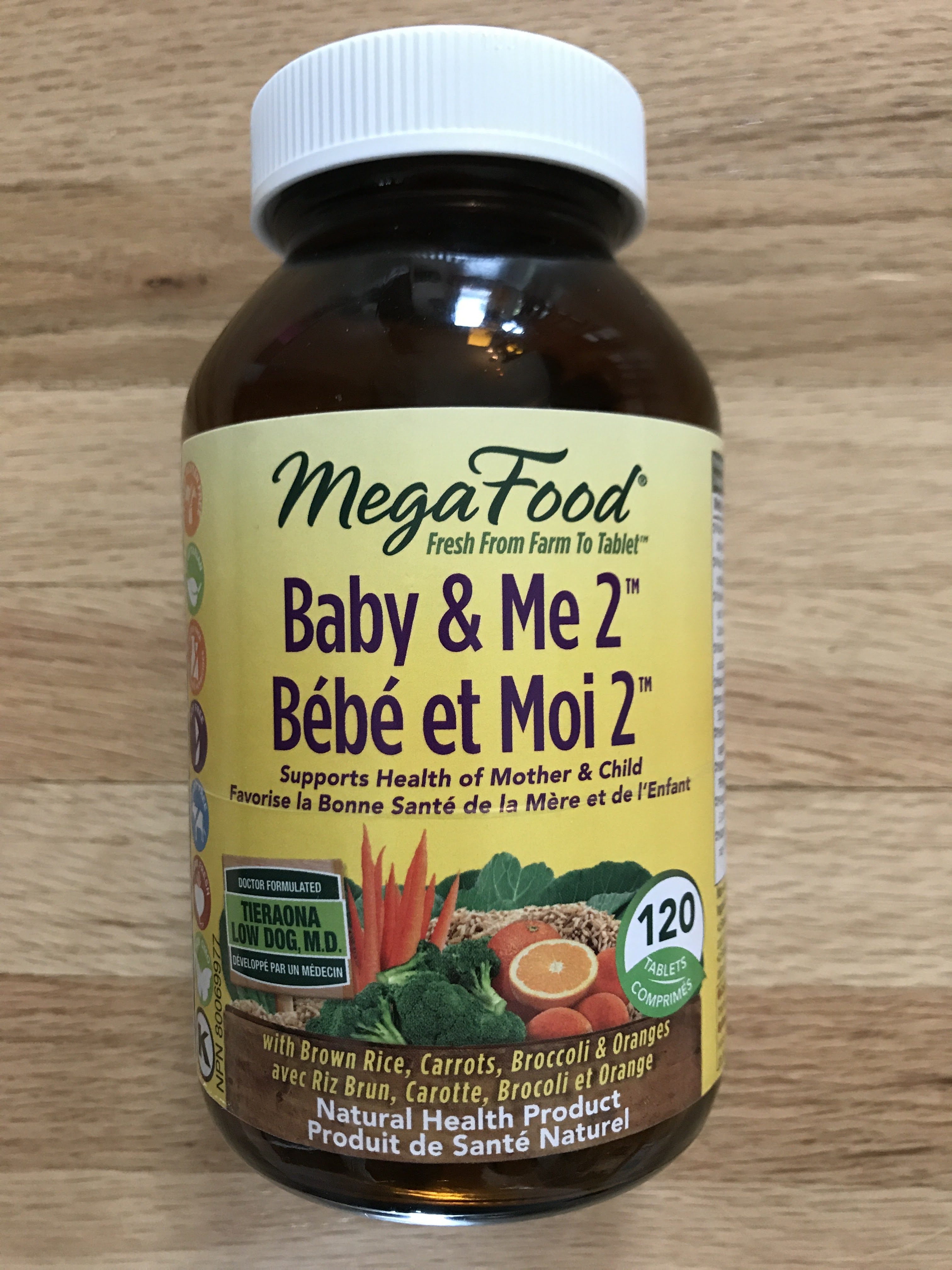 I’m still taking my prenatal vitamin (1 1/2 years after giving birth) and will keep doing so until I’m done having kids. I’m doing this for so many reasons, not the least of which is the fact that we need adequate amounts of folate in our body before we even conceive to help our baby’s growing brain.
I’m still taking my prenatal vitamin (1 1/2 years after giving birth) and will keep doing so until I’m done having kids. I’m doing this for so many reasons, not the least of which is the fact that we need adequate amounts of folate in our body before we even conceive to help our baby’s growing brain.
Now here’s the truth – I get that quality prenatal vitamins can be pricey (the one I use is about $100 for a two month supply). But here’s another truth – the nutrients in that good quality prenatal will make your and your baby’s life better.
I know that’s a big statement to make but I whole-heartedly believe – because I’ve seen the research – that our diets are seriously lacking in some key nutrients (even if you eat organic, whole foods most of the time). And if we give a pregnant mama, new mama, and breastfeeding mama the nutrients her and her baby needs, the positive benefits can be literally life changing.
So if you can afford it, go for the best you can get.
If you’re on a tight budget, talk to your doctor or midwife. Sometimes you can get a prescription for prenatal vitamins, or you may be able to get a free supply from a non-profit agency in your area.
You might be wondering why I didn’t just say, “Take a good prenatal multi.” and leave it at that.
Well, the thing is, not all prenatal vitamins are created equal. Some key nutrients are left out of even some of the higher quality prenatals so I wanted to make sure you knew why choline, iodine, B vitamins and iron were important parts of the story.
Check out the benefits below and have a peek at your prenatal vitamin bottle to make sure it’s got these real gooders in it…
Why Choline is Awesome…
There are so many great benefits to choline.
Like how it may reduce the chances your baby is born with a birth defect and help with proper development of the spinal cord and brain.
It may also help your munchkin learn and retain information better, protect your baby from maternal stress and decrease your chances of going into preterm labour.
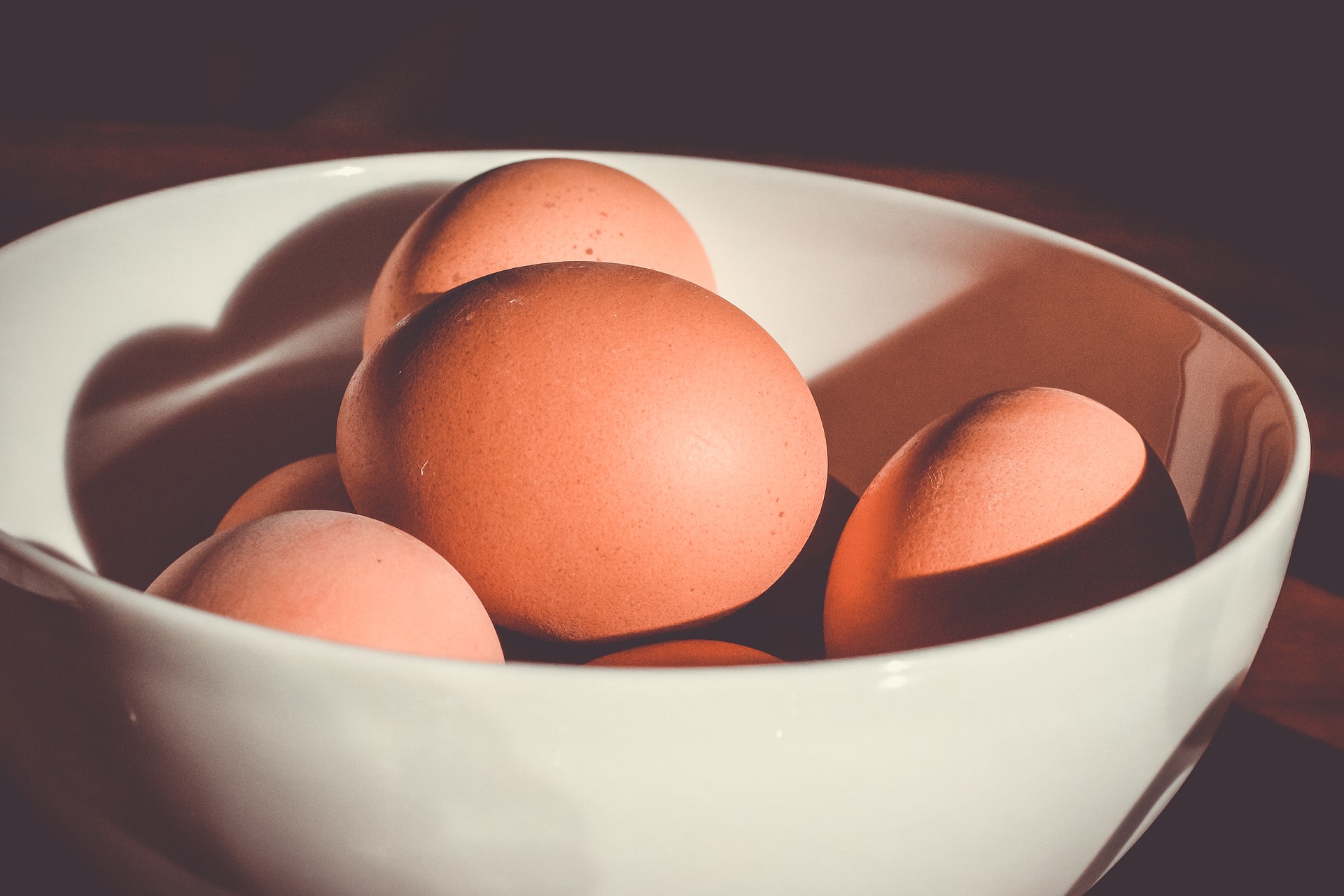 It can also decrease the chances your child will have to deal with depression, anxiety, hypertension and diabetes when they’re older.
It can also decrease the chances your child will have to deal with depression, anxiety, hypertension and diabetes when they’re older.
Long story short – choline is a little known superhero of a nutrient that all pregnant and nursing mothers should be enjoying.
The recommended daily intake of choline is 450 mg if you’re pregnant and 550 mg if you’re breastfeeding.
One of the best food sources of choline is egg yolks. Strangely enough I craved eggs throughout my entire pregnancy and ate 1-2 eggs almost every day for months. I guess my Munchie was telling me something 😉
If you’re worried about having eggs too often because of the cholesterol, don’t sweat it. Research has shown that cholesterol in food doesn’t automatically translate into higher cholesterol levels in your body.
Why Iodine is Awesome…
Iodine is crucial for a healthy thyroid (which regulates your hormones, metabolism, heart rate, body temperature and more). And during pregnancy you want to get enough iodine so your baby is one smart cookie. Seriously. Iodine is needed to help your little one develop a healthy, strong brain. Then, to keep those brain-boosting benefits alive, you want to keep enjoying iodine while you’re nursing.
 The Institute of Medicine recommends that pregnant women get 220 μg of iodine a day and breastfeeding mamas get 290 μg of iodine a day.
The Institute of Medicine recommends that pregnant women get 220 μg of iodine a day and breastfeeding mamas get 290 μg of iodine a day.
The problem is that research is telling us that only 15-20% of women are taking a prenatal vitamin that has iodine in it and an estimated 40% of the world’s population is at risk for being iodine deficient. So we want to make sure that you’re getting enough.
You can get iodine from eating foods like seaweed, saltwater fish and ice cream. Yes, you read that right, ice cream can have iodine in it. You’re welcome.
Why B Vitamins Are Awesome…
I could have just left it at, “Get your folate to help ensure your baby is developing well – including some sweet language development skills.” but we don’t want to miss the other important B vitamins. Vitamin B6, B9 & B12 are particularly helpful for mamas.
For example, vitamin B6 may actually help reduce nausea and vomiting during pregnancy. And it’s crucial for your baby’s brain and nervous system development.
We’ve all heard about B9 – AKA folate’s – role in neural tube development. But did you know it’s also a key nutrient in the development of red blood cells – for you and your baby? Since your blood volume increases by 30-50% during pregnancy you bet your booty that you want those B9s to help generate those red blood cells.
In terms of vitamin B12, it can help you feel happy and more energized – I’m sure most pregnant and new mamas would agree having more energy would be amazing.
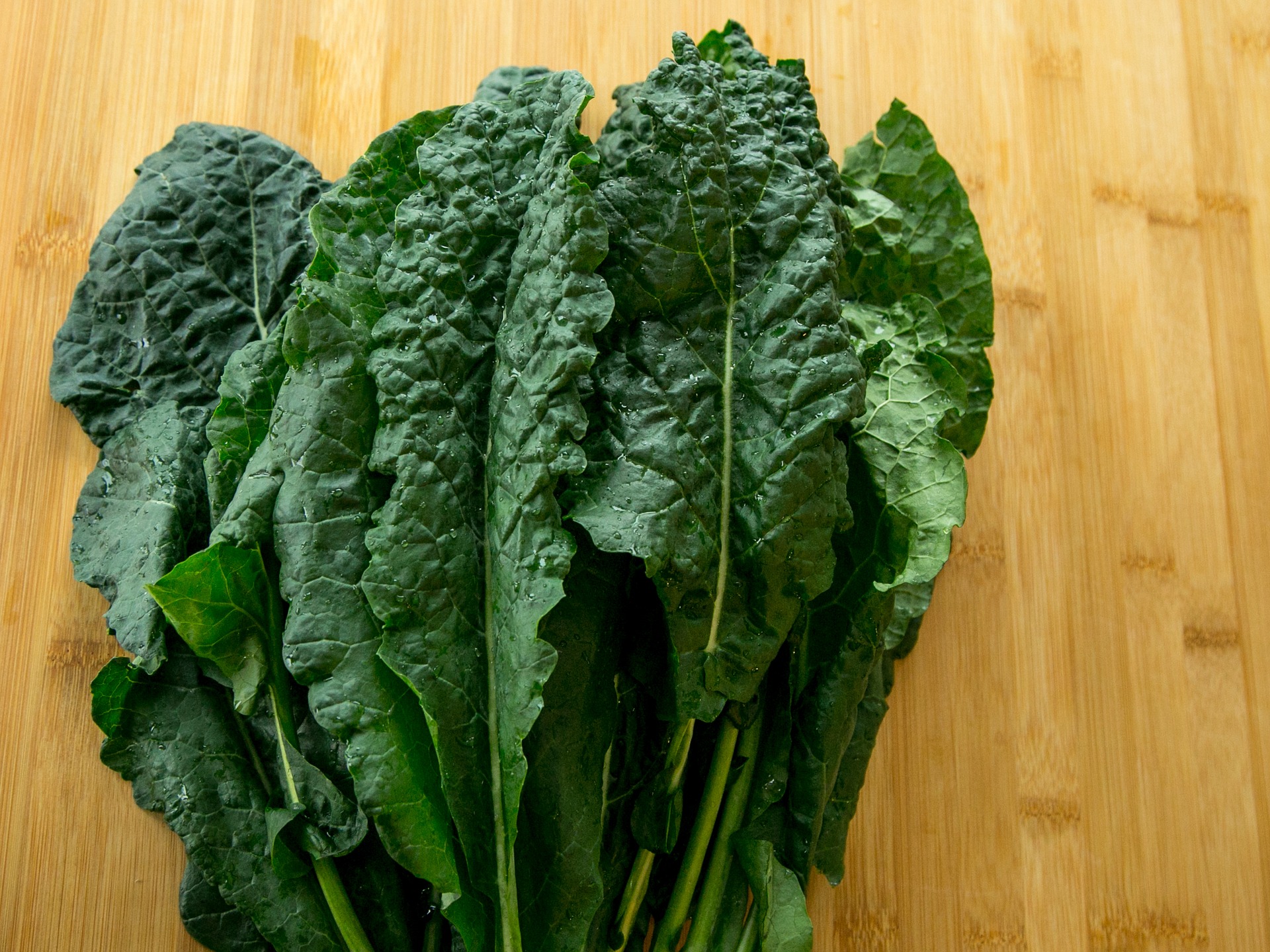 And while we need more research on B vitamins and postpartum depression, there does seem to be a link between too little of the Bs and depression in the general population.
And while we need more research on B vitamins and postpartum depression, there does seem to be a link between too little of the Bs and depression in the general population.
To drive the point home even more, we need a good amount of B vitamins when we’re eating lots of sugar and refined carbs (like when you have a newborn and you just want to eat all the things. But mostly chocolate and pizza and chips and cake…)
Why? Because our body uses B vitamins to help metabolize sugar. So the more sugar and refined carbs we eat, the more B vitamins we need to deal with all that sweetness.
So remember that it’s not just about folate. The other Bs – or what the nutrition experts call the “B Complex” – have a role to play as well.
If you’re pregnant the recommended daily intake is 1.9 mg of B6, 600 mcg of B9 and 2.6 mcg of B12.
If you’re breastfeeding it’s 2.0 mg of B6, 500 mcg of B9 and 2.8 mcg of B12.
If you’re a new mama in search of more energy and other B benefits, the suggested intake is 1.3 mg of B6, 400 mcg of B9 and 2.4 mcg of B12.
You can get some Bs naturally by eating non-citrus fruits, potatoes, dark leafy greens, nuts, asparagus, brussels sprouts, fish, beef liver and other organ meats (I don’t blame you if you want to skip that one! Organ meats can be an acquired taste), meat and poultry.
Why Iron is Awesome…
You probably know that being low on iron can cause anemia during pregnancy – which simply means that you’re not producing enough red blood cells and your tissues aren’t getting as much oxygen as they’d like so you feel like a sloth (amongst other things).
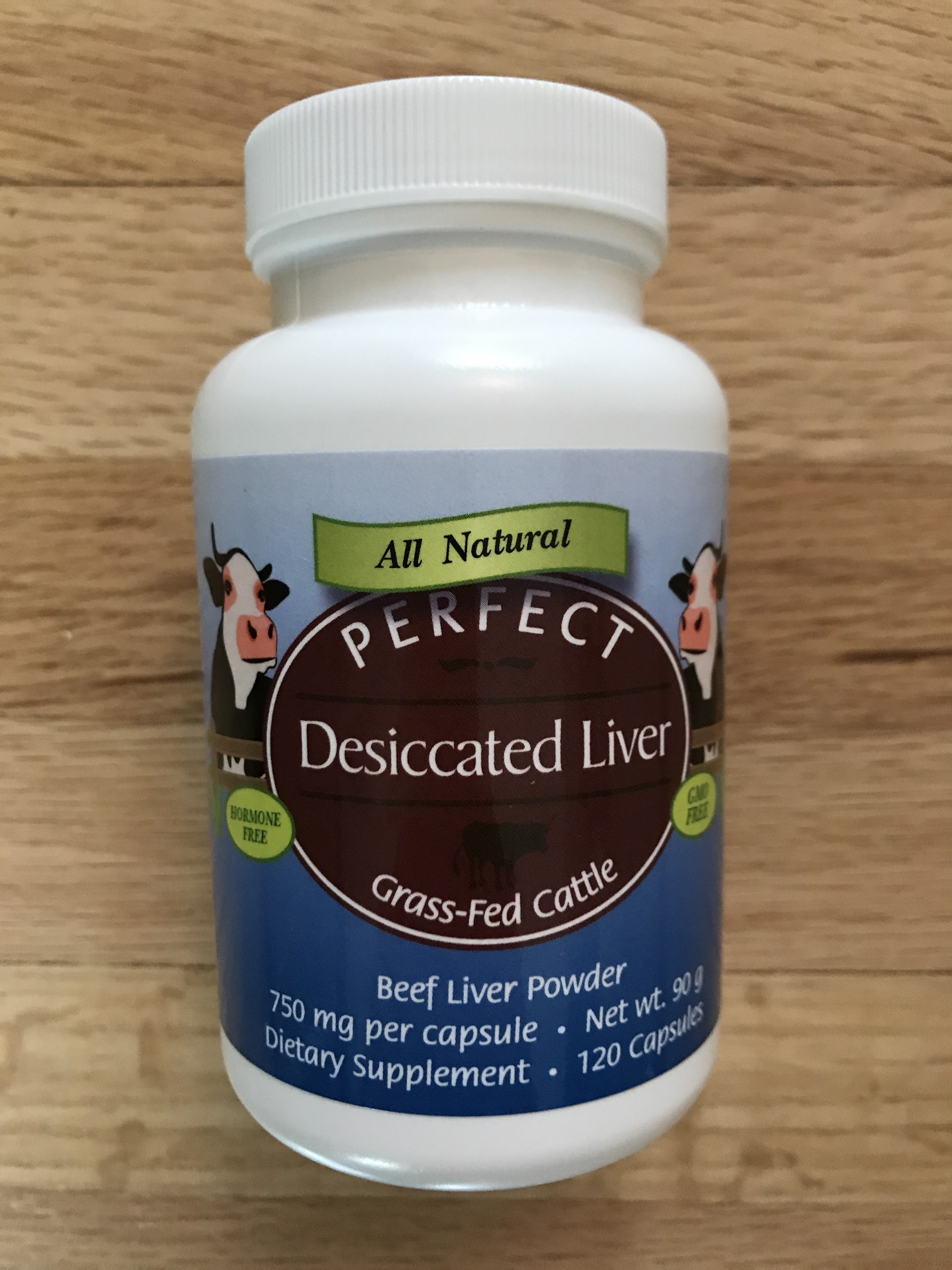 Since an estimated 52% of pregnant women suffer from iron deficiency, it’s obviously important that we look at why these women aren’t getting enough iron and how proper supplementation may be able to help.
Since an estimated 52% of pregnant women suffer from iron deficiency, it’s obviously important that we look at why these women aren’t getting enough iron and how proper supplementation may be able to help.
Because it’s not just about having low energy.
Having enough iron in your system may also help protect you from developing postpartum depression, help ensure your baby grows well and isn’t born premature, and increase the chances your munchkin’s language, social, cognitive, motor and emotional development are up to snuff.
It’s recommended that pregnant ladies go for 27 mg of iron daily and breastfeeding mamas aim for 10 mg.
You can get iron from foods like liver, spinach, beans, and chocolate. Yes chocolate. (Add some chocolate to your ice cream and you can have your iodine + iron fix 😉 )
2. Vitamin D3
Vitamin D3 is essential to anyone’s health but it’s critical for moms and moms-to-be. One of the reasons it’s important – especially for new mamas – is because getting enough vitamin D may decrease your risk of suffering from postpartum depression.
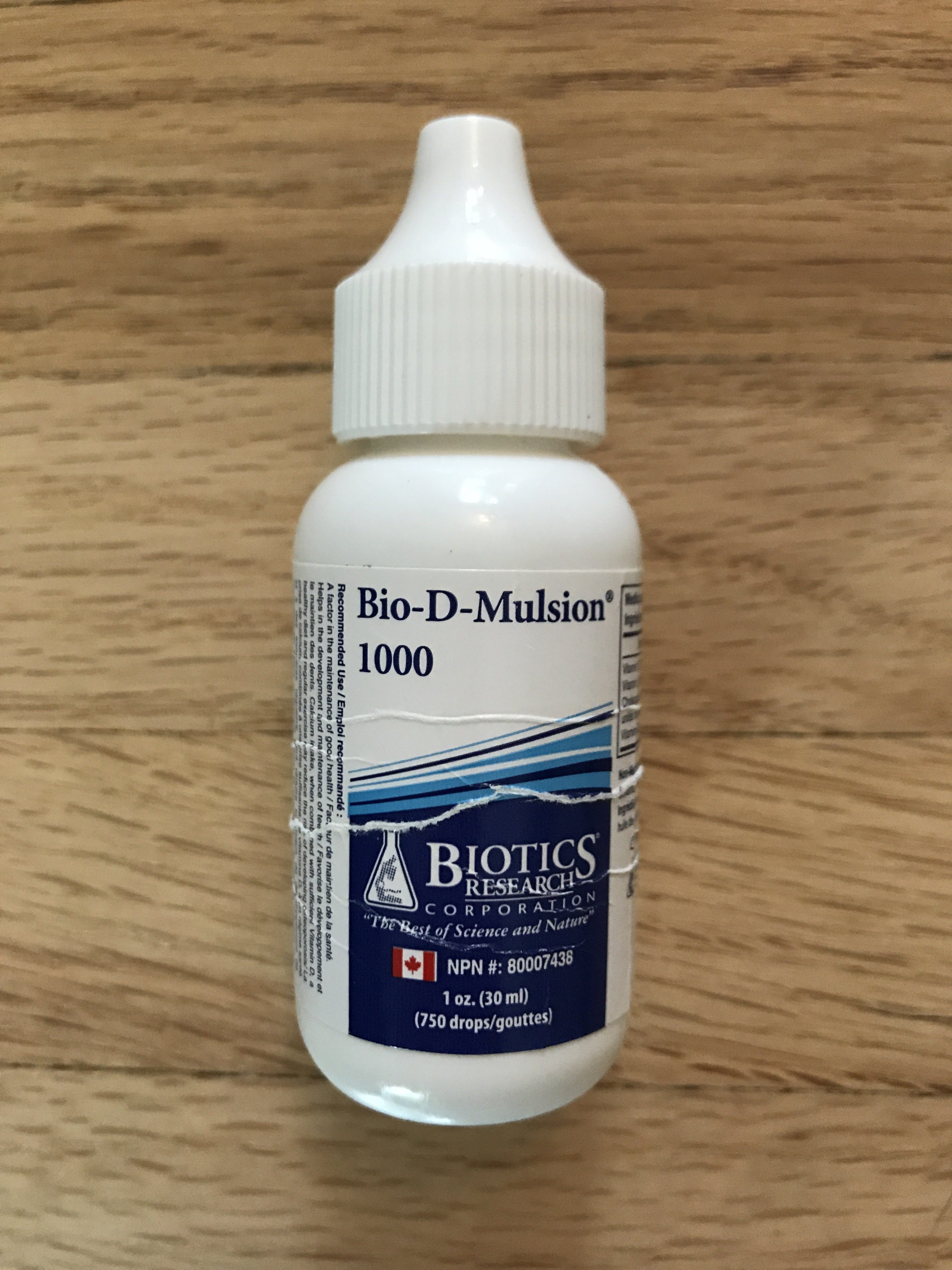 So if you have a family history of postpartum depression, make sure you’re getting that D3 vitamin through a supplement, the sun, or both.
So if you have a family history of postpartum depression, make sure you’re getting that D3 vitamin through a supplement, the sun, or both.
The Vitamin D Council recommends that breastfeeding mamas take in 6,400 IU of vitamin D every single day to have enough sunshine vitamin for themselves and their babe.
They also recommend that adults (AKA women who aren’t breastfeeding) get at least 5,000 IU/day of vitamin D.
This is why I supplement with extra vitamin D3 beyond what my prenatal vitamin has in it. The multi gives me a good start, I just want more. Especially during the winter months where I’m not out in the sun a ton.
3. Probiotics
As more and more research comes out about how important our gut health is to our overall health it’s becoming more clear how beneficial probiotics can really be for mamas and mamas-to-be.
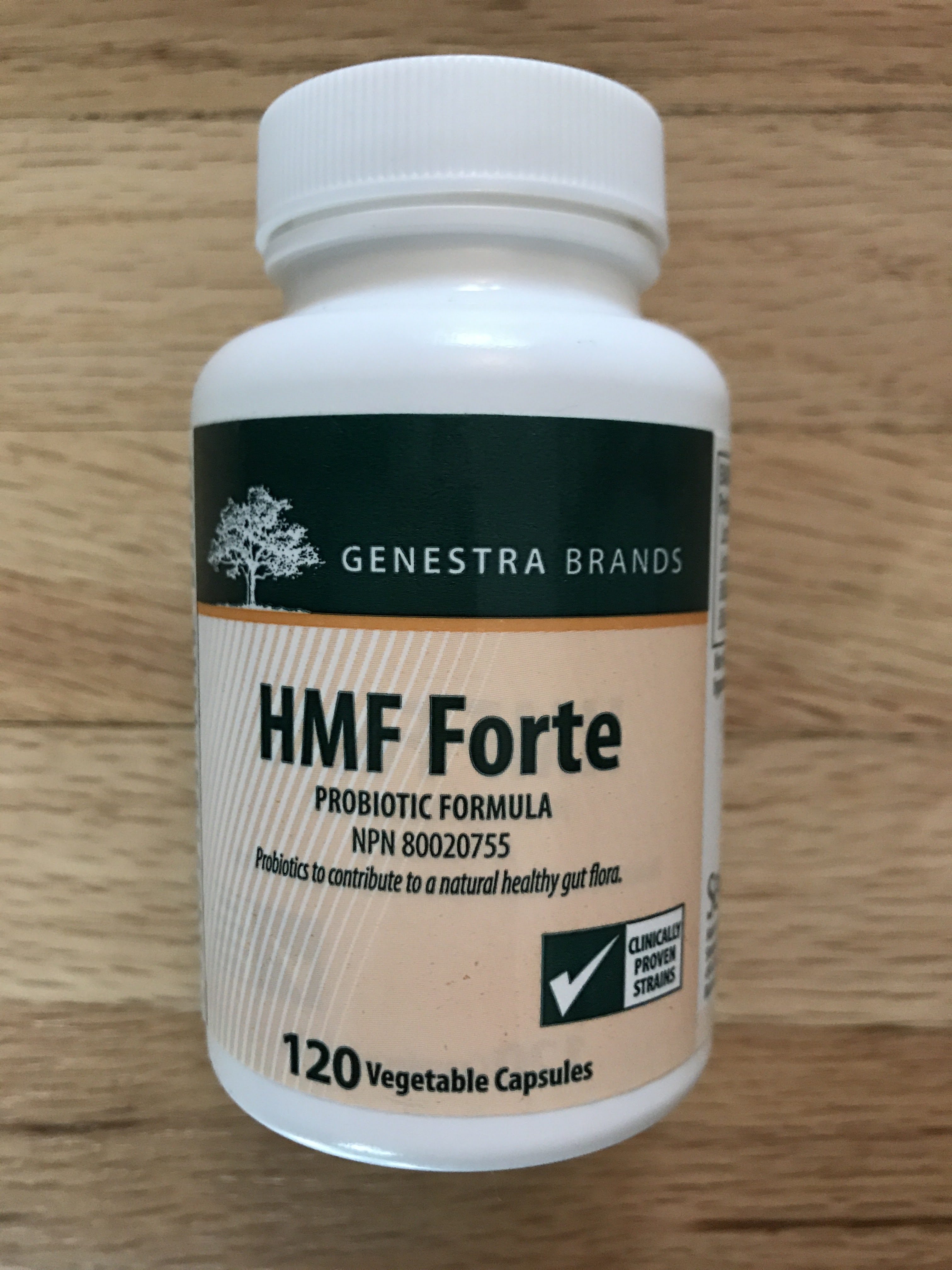 For starters, probiotics may help keep you from getting sick during pregnancy. And we now know that our baby’s immune system can be positively kick-started by being exposed to some good bacteria during a vaginal birth. So having enough good bacteria in your birth canal is important.
For starters, probiotics may help keep you from getting sick during pregnancy. And we now know that our baby’s immune system can be positively kick-started by being exposed to some good bacteria during a vaginal birth. So having enough good bacteria in your birth canal is important.
Even some women who have had cesareans are appreciating the immense benefit that their babies can get by being exposed to their mama’s healthy bacteria as soon as possible after birth. Transferring some of mama’s microbes is showing promising results.
Probiotics are especially important if you had antibiotics during your labour – or ever – because antibiotics unfortunately don’t know who the good and bad guys are, they just starting killing everything they come across so the good bacteria in your gut gets taken out with the bad.
And when you don’t have a well balanced microbiome (AKA happy, good bacteria-filled gut) some nasty buggers can move on in and wreck havoc on your system.
So we want to make sure we do our best to replenish the good bacteria as much as possible by enjoying some healthy probiotics either in high-quality supplement form or with fermented foods like kombucha, kefir, organic probiotic filled yogurt, and raw sauerkraut.
4. Omega-3s
Taking omega-3s during pregnancy and breastfeeding isn’t just a good idea to increase the odds that your kiddo’s brain develops well, it may also decrease your chances of developing postpartum depression.
 And the effects it can have on your kiddo’s immune system are amazing.
And the effects it can have on your kiddo’s immune system are amazing.
If you’re pregnant or nursing and you have a family history of asthma, allergies or eczema it is even more helpful for you to take omega-3 fatty acids because research shows that women who got 2.4 grams of long-chain omega-3 supplements during the third trimester of pregnancy reduced their kiddo’s risk of developing asthma by 31%.
Which is a huge, exciting number, but get this… The study was done in Denmark where most women consume a lot more fish than women in Canada and the US. (I’ve actually been to Denmark and every breakfast place had fish on the menu. So if they’re having it for breakfast you know they’re serious about their fish!)
Because many women over here aren’t getting enough O-3s they probably have low levels of EPA and DHA (two key components of O-3s). And the research showed that the women who had low levels of EPA and DHA at the beginning of the study reduced their children’s risk of developing asthma by 54% when they supplemented with O-3s.
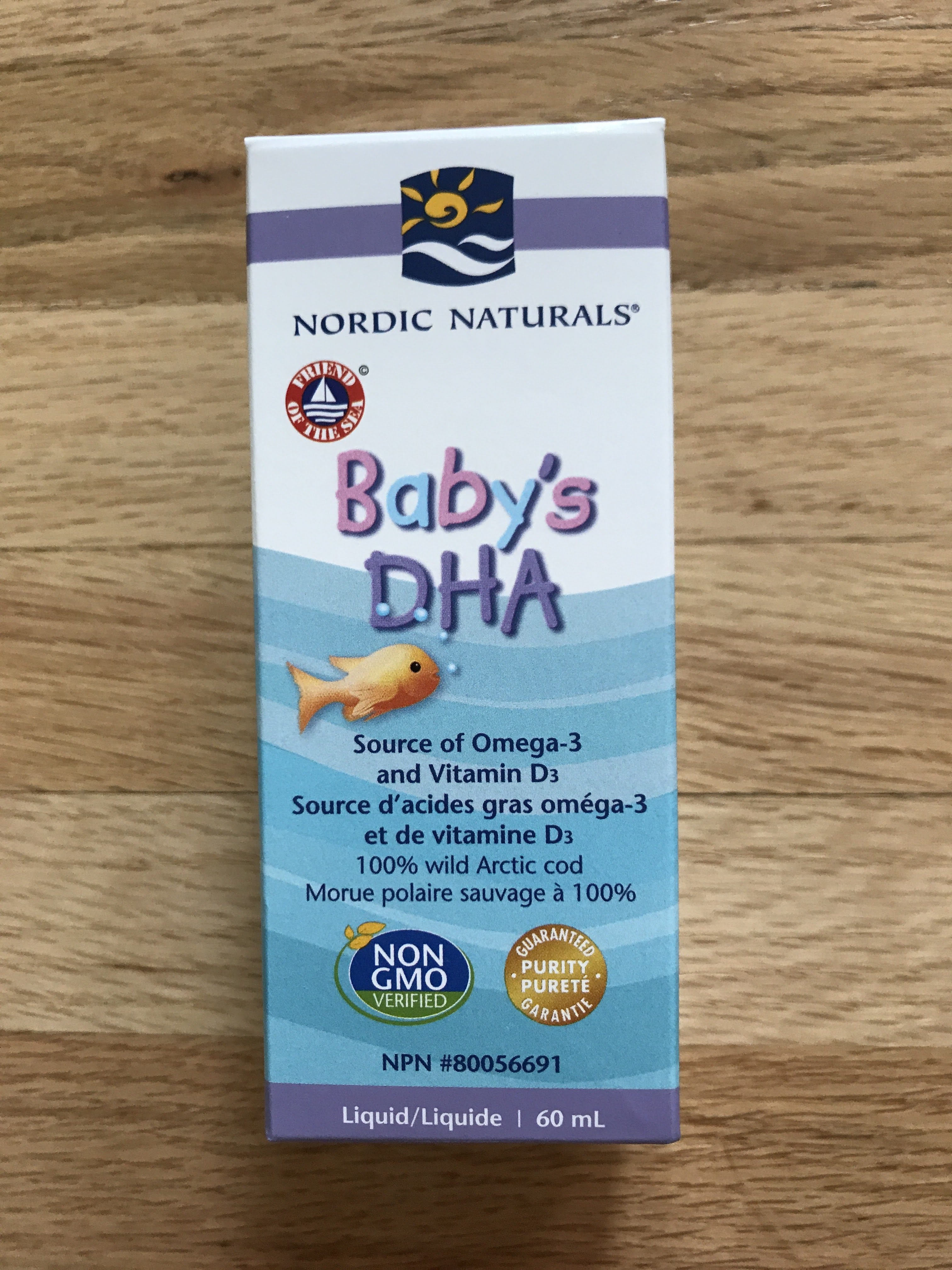 Being able to reduce my kiddo’s risk of developing asthma by 1/3 – 1/2 simply by taking a supplement during pregnancy? Yes. I’m in! I spent a lot of my childhood in the hospital for asthma and I don’t want that for any of my children so I will do everything in my power to make sure that doesn’t happen.
Being able to reduce my kiddo’s risk of developing asthma by 1/3 – 1/2 simply by taking a supplement during pregnancy? Yes. I’m in! I spent a lot of my childhood in the hospital for asthma and I don’t want that for any of my children so I will do everything in my power to make sure that doesn’t happen.
You want to be getting at least 400 mg of EPA and 200 mg of DHA on the daily during pregnancy and breastfeeding. (If you’re allergic to fish, like me, you can get a great quality plant-based omega-3 oil like the one in the photo above).
You can get your O-3s from things like salmon, mackeral, tuna, herring, sardines, flax seeds, and chia seeds.
Remember that we’re going for as good as it gets, not perfection.
Phew!
I know that this was a ton of information – including a ton of links to other resources you can check out.
My intention is to not overwhelm you with a bunch of information that makes your eyes glaze over. I simply want you to have the full picture on why supplementing can be important (and in some cases critical) to you and your baby’s health.
Remember that you don’t have to get it all right all the time. And you can keep it simple.
Find a good quality prenatal vitamin that has choline, iodine, B vitamins and iron so you don’t have to take individual pills for each vitamin and mineral. Add in a high quality probiotic and omega-3 oil and you’re golden.
In an ideal world we would all get the exact amount of nutrients we need all the time. But life happens, we forget, we don’t have access to the best there is, or we can’t afford the best there is.
Just try not to stress about it too much.
If all you can do is take a good-enough prenatal and drink some kombucha and eat some fish and flax here and there, that’s okay.
Being a mama is stressful enough. You don’t need me putting more pressure on your shoulders to get the perfect amount of nutrients in your body every. single. day.
Doing your best at being good enough is good enough.
Hugs,
Jen
P.S. Did you like this post? I would be super grateful if you shared it with your mom friends.
**Remember that this post is for informational purposes only. I’m sharing my personal experience about the supplements I’m using to help support my body. Check in with your naturopath or doctor to get the best recommendations for your body’s unique needs.
So what vitamins have everything you need? I can’t take all those and keep track…I’m breastfeeding.
Hey Dominique,
You don’t have to take probiotics and Omega 3s if that feels like too much work – especially if you eat fermented foods (raw sauerkraut, kombucha, etc.) and eat fatty fish regularly. You can stick with a high quality multi.
2 great multi-vitamin options that I like are:
Baby and Me 2 – by MegaFood
Perfect Prenatal – by New Chapter
Check in with your doctor to see if one of those (or another one entirely) is the best option for you 🙂
Hey there. I wondered if anthocyanins like from hewalth berry are also a good supplement to take. I’ve been taking them but now that I’m pregnant I wondered ig I should switch it up or just keep taking it. I know this may be the wrong to ask here but if you could provide an answer I would be very grateful!
Hey Sara,
I’m not sure if it would be safe for you (or anyone) to take that in pregnancy. That would be something you’d have to chat with your doctor or midwife about 🙂